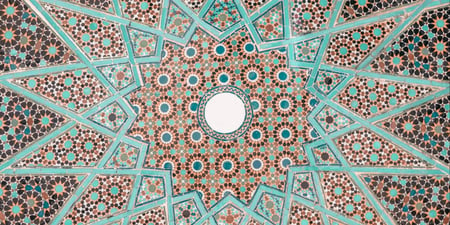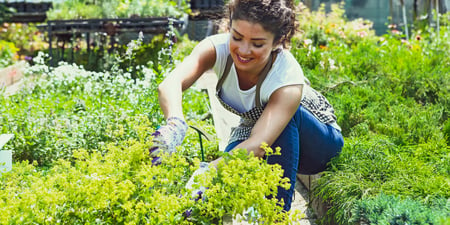How The Arts Benefit Your Brain
SoulAdvisor
|
4 Mar 2025

When we paint, sculpt, draw or embark on any kind of creative project, it makes us feel better about life. Art therapy is already well established as a method to support mental and emotional healing, but now there is growing evidence that the arts are considered beneficial in a non-therapeutic context - in building positive mental health and an overall sense of well-being.
Writing for The Conversation[1], Associate Professor Brittany Harker Martin[2], an arts educator for two decades, reveals there is a strong, evidence-based argument about the positive impact of the arts on mental health[3].
Prof Martin says while the arts shouldn’t be considered the cure-all for every mental health issue, ongoing research shows that the arts should be a priority in our homes and schools.

There is a new field of research known as neuroaesthetics[4] within cognitive neuroscience which gathers scientific evidence about how we respond to the arts. Fresh evidence on the arts and the brain shows that visual art promotes health and wellness and fosters adaptive responses to stress[5] while another study[6] showed that creating art reduces cortisol levels and brings about positive mental states.
Arts also enhance mindfulness. They activate different parts of the brain, using parts not used for logical thinking and can create a cognitive shift towards a state known as flow - a state of complete absorption that brings enjoyment.
Prof Martin argues that the arts should be prioritised in education, owing to research that shows a range of benefits like improved academic results and the development of innovative thinking.
She offers three tips for art-based mindfulness:
- Try something new and be prepared to make mistakes along the way. The brain rewards learning.
- Experiment, reuse your materials and don’t focus on the end product.
- When you are creating art, don’t talk, and listen to music without lyrics. Your brain works differently during this process and will enjoy the break.
If you’d like to learn more about the ways art therapy or mindfulness can help you, click on the image below to book a free discovery call with one of our qualified health practitioners in these fields.
References
1. Martin BH. Brain research shows the arts promote mental health. The Conversation; 2020.
2. Brittany Harker Martin. The Conversation; 2024.
3. Harter SL. Visual art making for therapist growth and Self-Care. Journal of Constructivist Psychology; 2007.
4. Chatterjee A, Vartanian O. Neuroaesthetics. Trends in Cognitive Sciences; 2014.
5. Beerse ME, Van Lith T, Pickett SM, Stanwood GD. Biobehavioral utility of mindfulness-based art therapy: Neurobiological underpinnings and mental health impacts. Experimental Biology and Medicine; 2019.
6. Kaimal G, Ray K, Muniz J. Reduction of cortisol levels and participants’ responses following art making. Art Therapy; 2016.
Nourishment For Your Soul Delivered To Your Inbox
Disclaimer: This Content has been developed from our generous global community and is intended for informational purposes only. This Content is not, nor is it intended to be, a substitute for professional medical advice, diagnosis, or treatment and should never be relied upon. Further, the personal views and experiences published are expressly those of the author, and do not represent the views or endorsement of SoulAdvisor through the act of publication on our site.






















